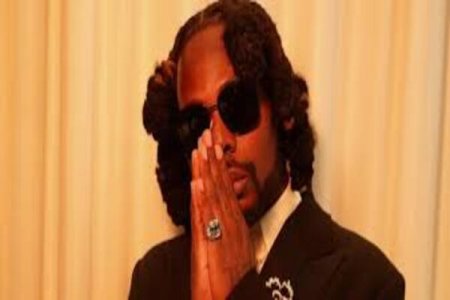
Nigerian singer Asake responds to criticism for singing in Yoruba, stating he "can't be what he is not." Fans defend his choice, highlighting the importance of cultural authenticity in music. The debate underscores the role of language in artistic expression and the value of embracing one's heritage.
Nigerian singer Asake has responded to criticism about his choice to primarily sing in Yoruba. Some fans have taken issue with this, arguing that he should sing in English to appeal to a broader audience. Asake, however, remains firm in his artistic identity, stating, "I can’t be what I am not." His stance has sparked significant discussion online, with many fans coming to his defense.
One user pointed out that Phyno, a popular Igbo artist, is never asked to sing in English, emphasizing that people should accept artists as they are. Another fan highlighted that music transcends language, citing how non-Yoruba speakers and even international fans enjoy Asake's music. Others echoed this sentiment, arguing that music is about vibe and rhythm, not language. The consensus among Asake's supporters is that he should remain authentic to his roots and continue singing in the language that feels most natural to him. This debate reflects the broader conversation about cultural representation and the role of language in music, with many asserting that Asake should continue embracing his Yoruba heritage.





